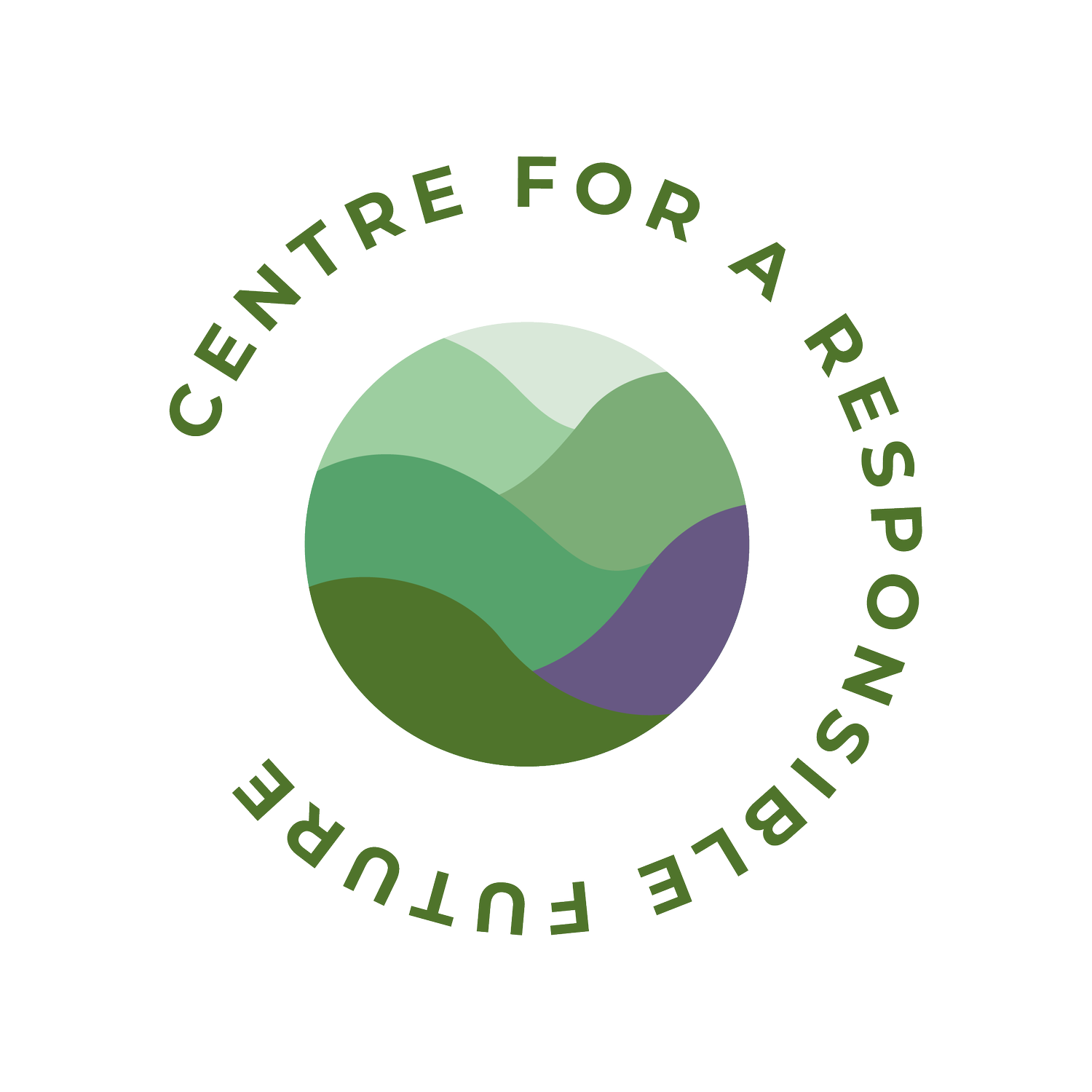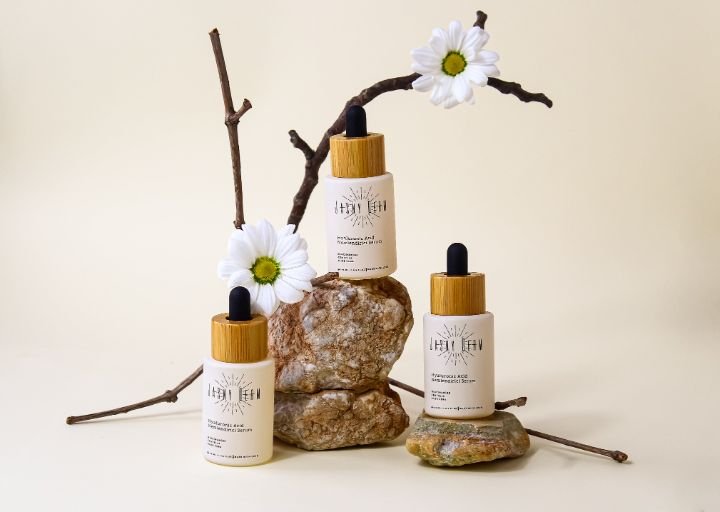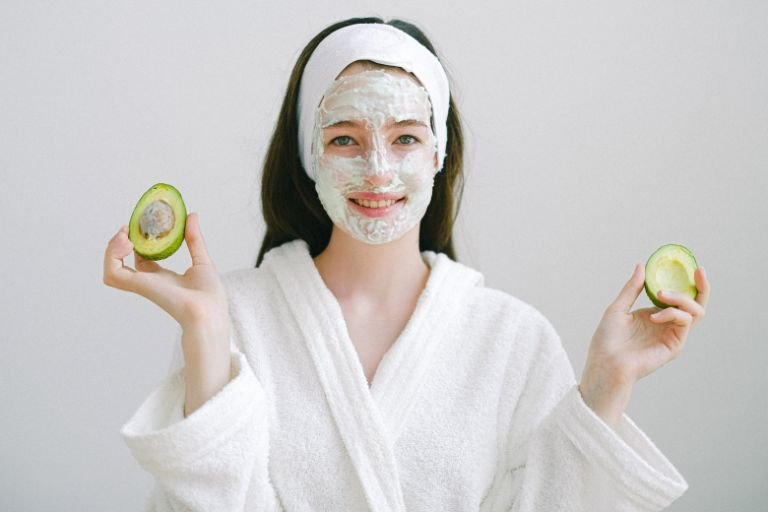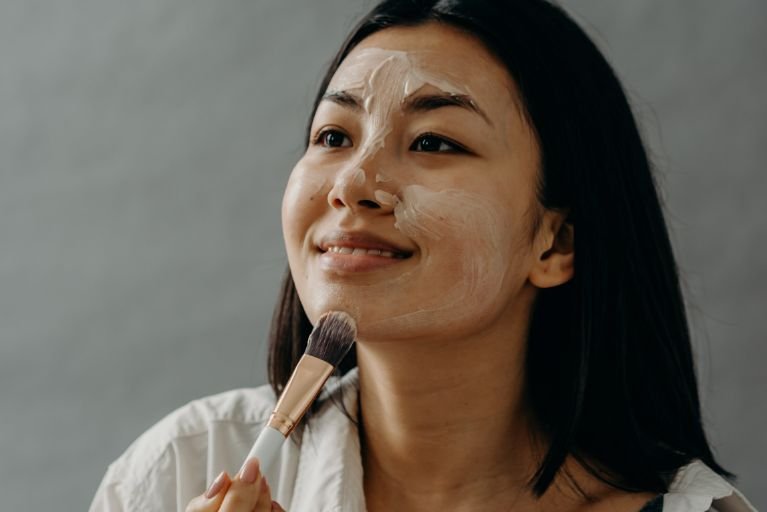The Beauty of Vegan Skincare: Embracing Cruelty-Free and Plant-Based Beauty Rituals
These days, more and more of us are thinking twice about what we buy and where it comes from. This trend, known as conscious consumerism, is beginning to create a significant impact on many industries, and the beauty sector is no exception.
With growing concerns about animal welfare, environmental sustainability, and personal health, shopping habits are clearly changing—and more and more individuals are now turning towards vegan skincare.
From the ingredients that go into our products to the packaging they come in, how they're sourced, and even the causes they support - it's clear that we're not just thinking about what these products can do for us, but also what they mean for our world. Nowadays, it's all about finding beauty solutions that match our personal beliefs and contribute to making the world a better place.
Whether you're a long-term vegan or just dipping your toes into plant-based living, you might not have considered the potential benefits of extending your vegan lifestyle to your skincare routine. Let’s take a closer look at the amazing benefits it can offer.
The Rise of Vegan Skincare: Discovering the Shift Towards Cruelty-Free Beauty
As consumers increasingly seek cruelty-free and sustainable alternatives to traditional beauty products, there has been a remarkable surge in the popularity of vegan skincare products. This shift is not just a passing trend; it reflects a fundamental change in consumer attitudes towards the ethical treatment of animals and the environment.
One of the primary reasons behind the rise of vegan skincare is the growing awareness of the animal testing practices prevalent in the beauty industry. Traditional skincare products often undergo extensive testing on animals, causing unnecessary suffering to innocent creatures.
The environmental impact of conventional beauty products has also played a significant role in driving the demand for vegan skincare. Many non-vegan products contain animal-derived ingredients, such as beeswax, lanolin, and collagen, which contribute to deforestation, habitat destruction, and greenhouse gas emissions.
As reported by market research firm Grand View Research, the global vegan cosmetics market is expected to reach USD 20.8 billion by 2025, reflecting the increasing demand for vegan skincare products. This surge in popularity is a testament to the fact that vegan skincare is no longer a niche category but has become a mainstream choice for conscious consumers.
By embracing vegan skincare, you not only indulge in guilt-free self-care but also make a positive impact on animal welfare and the environment.
The Benefits of Plant-Based Ingredients: Nourishing Your Skin Naturally
Plant-based ingredients, including botanicals, extracts, and oils, offer a myriad of benefits for your skin, providing a natural and holistic approach to beauty. By incorporating these ingredients into your skincare routine, you can harness the power of nature to achieve radiant, healthy skin without the need for harsh chemicals or animal-derived ingredients.
Plant-based ingredients, including botanicals, extracts, and oils, offer a myriad of benefits for your skin, providing a natural and holistic approach to beauty. By incorporating these ingredients into your skincare routine, you can harness the power of nature to achieve radiant, healthy skin without the need for harsh chemicals or animal-derived ingredients.
Here are more reasons behind the rise in plant-based skincare:
One of the key advantages of plant-based skincare is its gentle yet effective nature. Many synthetic skincare products contain harsh chemicals that can strip the skin of its natural oils, leading to dryness, irritation, and other adverse reactions. In contrast, plant-based ingredients are often rich in vitamins, antioxidants, and essential fatty acids that nourish and protect the skin, promoting a vibrant and youthful complexion. For example, ingredients like aloe vera, chamomile, and green tea have soothing properties that can calm inflamed skin and reduce redness.
Furthermore, plant-based skincare often boasts powerful anti-ageing properties. Many botanical extracts, such as rosehip oil, argan oil, and jojoba oil, are rich in antioxidants that combat free radicals and help prevent premature ageing. These antioxidants can reduce the appearance of fine lines, wrinkles, and age spots, leaving your skin looking youthful and radiant.
In addition to their direct benefits for the skin, plant-based ingredients also contribute to a more sustainable and eco-friendly beauty routine.
By choosing skincare products that utilise plant-derived ingredients, you are supporting environmentally conscious practices and reducing your carbon footprint. Plant-based ingredients are also often sourced sustainably, minimising the impact on ecosystems and promoting biodiversity.
Ethical and Sustainable Beauty: Supporting Cruelty-Free Practices
Cruelty-free skincare refers to products that are not tested on animals at any stage of development, including the ingredients used. Choosing cruelty-free skincare means opting for brands that prioritise alternative testing methods such as in vitro testing, computer modelling, and human volunteers. By doing so, we can help eliminate the unnecessary suffering of animals while still enjoying high-quality skincare products.
The beauty industry has made significant strides in cruelty-free practices in recent years.
Many countries, including the European Union, India, Israel, and New Zealand, have implemented bans on animal testing for cosmetics, further driving the demand for cruelty-free alternatives. In addition, renowned beauty organisations, like Leaping Bunny and PETA's Beauty Without Bunnies program, certify brands that meet strict cruelty-free standards, making it easier for consumers to identify and support ethical options.
Opting for cruelty-free skincare also extends beyond animal welfare. It aligns with sustainable practices, as many cruelty-free brands prioritise environmentally friendly production methods and packaging. These brands often use sustainable sourcing of plant-based ingredients and biodegradable or recyclable packaging materials, and reduce their carbon footprint through eco-conscious manufacturing processes.
By supporting cruelty-free skincare brands, we send a powerful message to the industry that animal testing is unnecessary and unacceptable. This demand for ethical and sustainable beauty encourages other companies to rethink their practices and transition towards cruelty-free alternatives, ultimately creating a positive shift in the industry as a whole.
Understanding Label Claims: Decoding Vegan and Cruelty-Free Certifications
Vegan Certification: Look for labels or certifications such as "Certified Vegan," "Vegan Society," or the "Vegan Trademark" to ensure that a skincare product is free from any animal-derived ingredients. These certifications guarantee that the product has undergone rigorous evaluation and does not contain any animal by-products.
Cruelty-Free Certification: Seek out labels such as the Leaping Bunny logo, PETA's "Beauty Without Bunnies" program, or the "Cruelty-Free International" certification. These certifications indicate that a product and its ingredients have not been tested on animals at any stage of development, ensuring ethical practices.
Organic Certification: Some consumers also value organic skincare products, which are free from synthetic pesticides, fertilisers, and genetically modified organisms (GMOs). Look for labels such as USDA Organic, Ecocert, or COSMOS Organic to ensure that a product meets specific organic standards.
Transparent Ingredient Lists: Alongside certifications, check for detailed ingredient lists on product packaging or the brand's website. This allows you to verify the authenticity of vegan and cruelty-free claims and make informed choices based on your personal preferences.
Research and Brand Reputation: While certifications provide guidance, conducting additional research on brands can be helpful. Look for transparency in a brand's sourcing and production practices, and check for any history of controversies or violations related to animal testing or animal-derived ingredients.
Remember that certifications and transparent ingredient lists are valuable tools to ensure the authenticity of vegan and cruelty-free claims, supporting brands that prioritise ethical and sustainable practices.
Time to Make an Empowered Choice
Embracing vegan skincare offers a wide array of benefits, from ethical considerations to tangible health advantages. With a growing number of companies focusing on vegan, cruelty-free products, it’s now easier to make that switch.
Nonetheless, it's essential to remember that not all vegan skincare products are created equal. Make sure that you look for brands with transparent ingredient lists and robust ethical and sustainability policies. And as always, it's wise to patch test any new product on a small area of your skin before full application, particularly if you have sensitive skin or allergies.
It's time to explore this realm of compassionate and health-conscious beauty. Your skin, the animals, and our planet will thank you for it!









